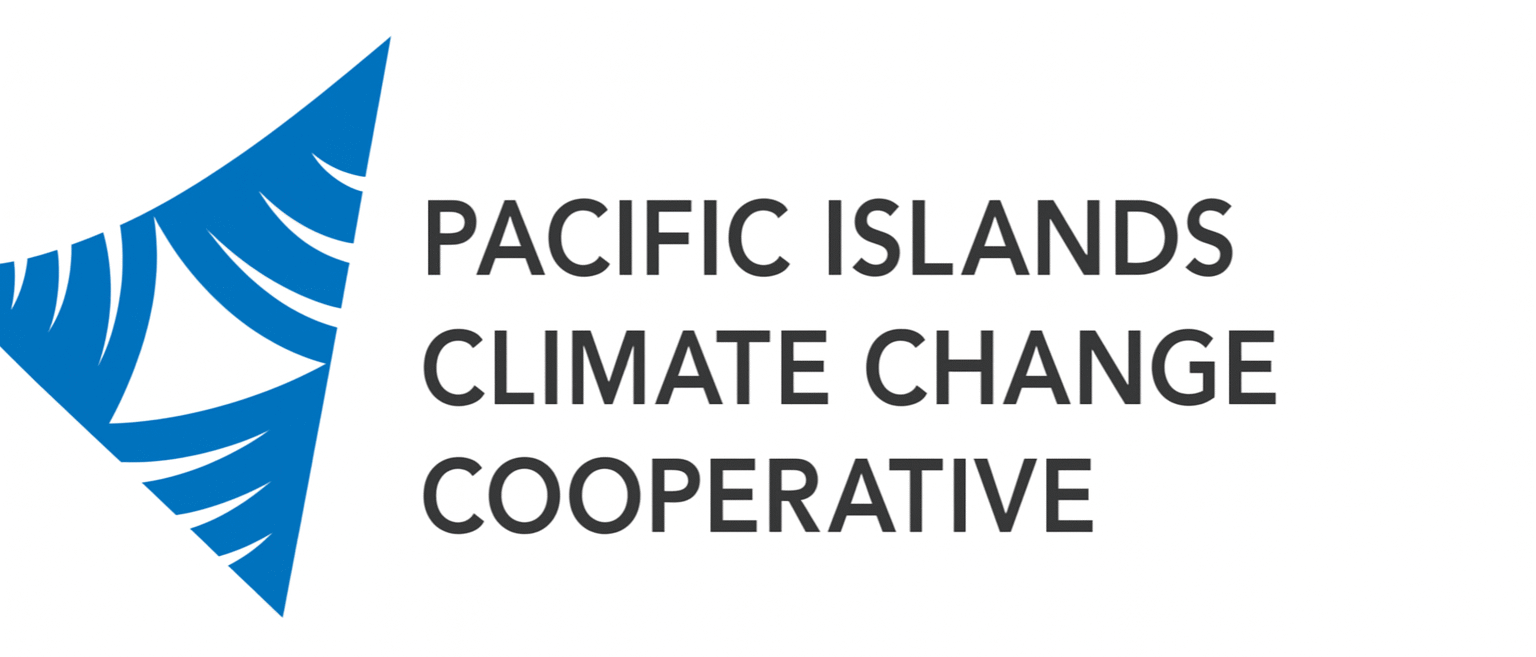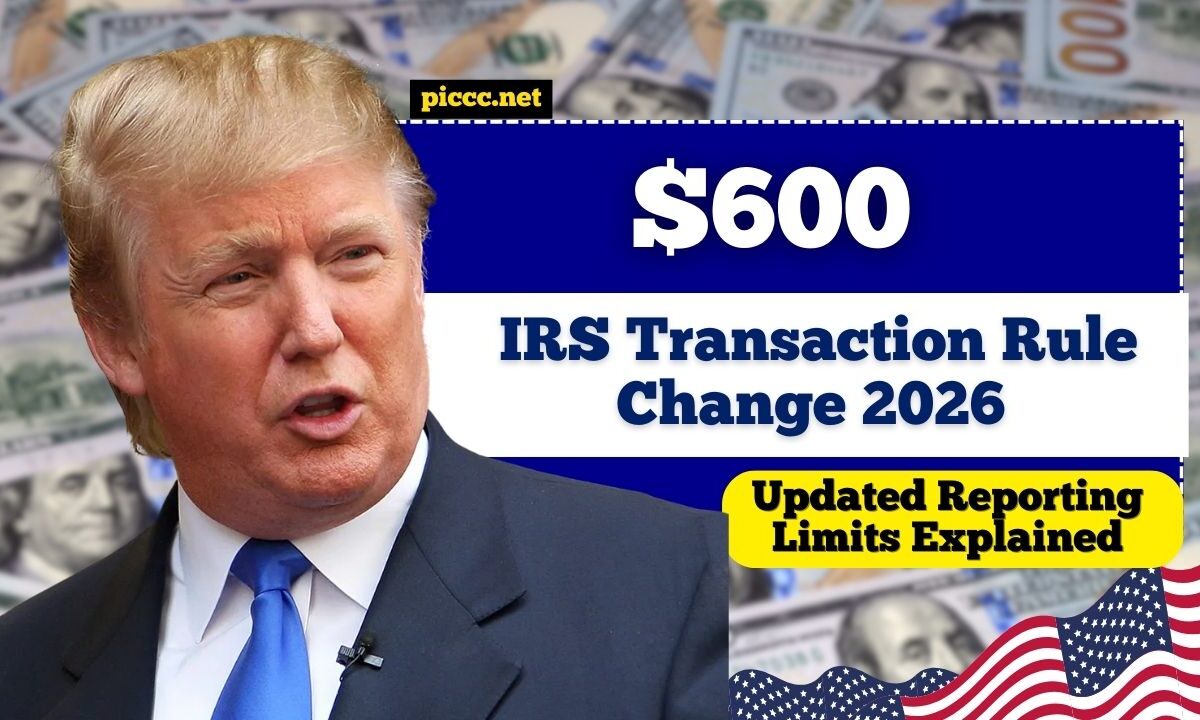The IRS $600 Transaction Rule Update 2026 has once again caught the attention of freelancers, small business owners, and online sellers across the United States.
This update is not about imposing new taxes but about changing how income is reported.
By lowering the reporting threshold for third-party payment apps like PayPal, Venmo, Stripe, and Cash App, the IRS hopes to ensure that digital transactions are tracked with greater accuracy and transparency.
Let’s break down what this update means, who it affects, and what steps you should take to remain compliant.
Who Is Affected by the $600 Rule?
The rule applies strictly to payments for goods and services. It does not target personal transactions such as gifts, reimbursements, or casual transfers between family and friends.
- If you sell items on Etsy, eBay, or Facebook Marketplace, you are covered under this rule.
- Freelancers and independent contractors receiving payments via PayPal, Stripe, or similar apps will also fall under this regulation.
- Even a single transaction worth $600 or more can generate a 1099-K form, which will be reported to both you and the IRS.
This means that online sellers and gig workers can no longer assume small amounts will go unnoticed.
Why the IRS Enforced the $600 Reporting Threshold
The IRS 2026 plan is part of a larger effort to crack down on tax evasion in the gig economy.
Millions of Americans are earning money from side hustles, freelancing, or small e-commerce stores, but not all of this income has been properly reported in the past.
- The IRS clarifies that this is not a new tax.
- It is simply a reporting requirement designed to ensure taxable income is accurately declared.
- The legal obligation falls on third-party platforms to issue and send out the 1099-K forms.
By strengthening oversight, the IRS hopes to close the tax gap created by unreported income.
How the IRS Plans to Enforce the Rule
The IRS $600 Transaction Rule Update 2026 is a cornerstone of the agency’s digital enforcement strategy.
The focus is on modernizing the tax code to keep up with the rapid growth of online business and freelance work.
Key enforcement tools include:
- AI-powered monitoring systems to spot irregularities.
- Enhanced digital review mechanisms that cross-check earnings data.
- Automatic flagging of suspicious transactions and discrepancies.
The lower threshold is a trigger point for the IRS to begin applying these advanced checks more broadly.
IRS $600 Rule Update – Comparison of Old vs New Threshold
| Criteria | Previous Rule (Before 2023) | New Rule (Effective 2026) |
|---|---|---|
| Minimum Reporting Amount | $20,000 | $600 |
| Transaction Requirement | 200+ transactions | None |
| Form Used | 1099-K | 1099-K |
| Platforms Affected | PayPal, Venmo, Stripe, etc. | All third-party apps |
| Applies To | Goods & services only | Goods & services only |
This table makes it clear: what once applied only to high-volume sellers will soon affect even casual freelancers and part-time sellers.
What Sellers, Freelancers, and Gig Workers Should Do Now
To avoid problems when the update takes effect in January 2026, it’s crucial to start preparing today.
Categorize your accounts correctly – If you’re accepting payments for goods and services, make sure your account settings reflect this.
Keep detailed transaction records – Maintain receipts, invoices, and digital statements for all business activity.
Consult a tax professional – A qualified advisor can guide you on how to report income accurately and avoid audits.
Plan for 1099-K forms – Expect that payment platforms will send these forms by January 31, 2027 for your 2026 tax filing.
Check for discrepancies – If the income reported on your 1099-K does not match your actual earnings, be prepared to reconcile the difference.
Ignoring these changes could result in penalties, audits, or delays in tax refunds.
Why This Rule Matters for the Future of Digital Business
The updated rule reflects a major shift in how the IRS treats income from digital platforms and side hustles.
By lowering the threshold, the government is sending a strong message: digital earnings are taxable just like traditional wages.
For sellers and freelancers, this means greater responsibility in tax filing but also a chance to build credibility as legitimate business operators.
Those who adapt early will be better positioned to manage their finances smoothly under the new reporting requirements.
The IRS $600 Transaction Rule Update 2026 is not a temporary measure — it represents the new normal for the digital economy.
Whether you’re a small business owner, part-time seller, or independent contractor, the way you report your income will change significantly.
By preparing now — through accurate record-keeping, categorizing accounts properly, and understanding your reporting duties — you can stay ahead of the curve.
This rule is about compliance, fairness, and adapting to an economy where digital payments dominate.
Failing to comply is not an option, but by staying informed, you can protect yourself and your business from unnecessary penalties.
Frequently Asked Questions
What is the IRS $600 Transaction Rule Update 2026?
It’s a regulation that requires third-party payment platforms to report any income over $600 from goods and services to the IRS, starting January 1, 2026.
Does the rule apply to personal transfers?
No. Personal transactions such as gifts, reimbursements, or casual transfers are excluded. The rule only applies to business-related payments.
What happens if I earn $600 or more across multiple small payments?
If the total earnings on one platform exceed $600 in a year, you will receive a 1099-K form and must include it in your tax return.

